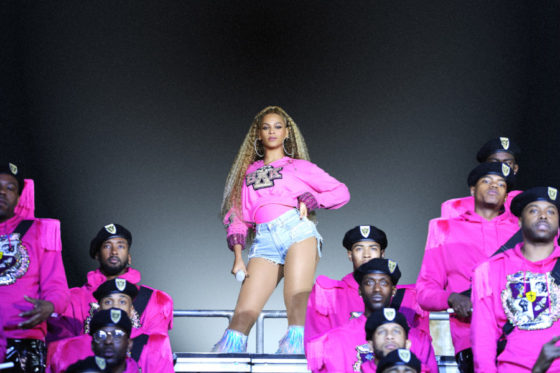
With a new concert documentary, Beyoncé’s Coachella performance puts her profound mission in context.
Beyoncé opens the Netflix portrait of her Coachella performance with a telling statement in voiceover: “When I decided to do Coachella, it was more important that I brought our history and culture to Coachella,” she says at the beginning of her Netflix special, “Homecoming,” which was released Wednesday alongside a 40-track live album. The ensuing documentary works overtime to reflect that claim, and helps elucidate her profound mission.
The 137-minute concert film weaves in quotes — both written and spoken — that function almost like chapter headings. Each of them comes from a black cultural luminary, some living, and others dead; many of them are alumni of historically black colleges and universities (HBCUs). For Beyoncé — who rarely tells the world what she thinks in any medium beyond her music — these citations likely serve as lessons from, and reverence for, African American elders, as she takes steps to ensure the preservation of African American cultural heritage on a platform that she knows will engage millions. It recalls the West African custom of the griot, a repository of oral tradition passed on in a communal setting that provides validity, direction, and reassurance.
As the first African-American woman to headline Coachella since its founding in 1999, it was important for her to appropriately “represent” the culture, its past and present. It’s an obvious theme the superstar symbolically highlights in her performance by incorporating quintessential artifacts of black cultural legacy and pride, including Black Panther-inspired outfits and dance routines. Additionally, it’s a love letter to more than 150 years of HBCUs, and pays tribute to iconic 20th century African-American writers and musicians with their own words.
The film opens with a quote from Pulitzer Prize-winning author Toni Morrison: “If you can surrender to the air, you can ride it.” That’s an especially savvy quote to open with, one that speaks to Beyoncé’s driven personality and strict management of her public image. Morrison’s quote is a challenge to occasionally surrender, which is something that Beyoncé does to some extent in “Homecoming,” by revealing intimate thoughts and moments in her life that offer further insight into who she is.
Legendary songstress Nina Simone, a key voice of the Civil Rights movement who blended activism with her music, is heard in a lengthy replay of an interview speaking about the supreme importance of black culture.
“I think what you are trying to ask is why am I so insistent in giving out to them that black-ness that black power that black… pushing them to identify with black culture,” Simone says. “I have no choice over it in the first place. To me, we are the most beautiful creatures in the whole world. Black people. And I mean that in every sense.”
The voiceover continues over grainy handheld rehearsal footage of Beyoncé and her team of dancers, as Simone shares her ambition to compel other black people to become more aware and not be ashamed of their blackness nor their history, calling it a job that she was compelled to do.
Simone’s words are probably the clearest distillation of what Beyoncé ultimately wants to achieve with “Homecoming,” as both unapologetic champion of blackness and as reassurance.
Some of the citations are more straightforward in their intentions: With an excerpt from W.E.B. DuBois (another HBCU alum) on the importance of education, the film leads into a segment showcasing students in celebratory moods at HBCUs across the country, including Jackson State University and Florida A&M University.
Additionally, there are also quotations from novelist and poet Alice Walker (“The Color Purple”), Marian Wright Edelman (the first African American woman admitted to The Mississippi Bar), Audre Lorde (the self-described “black, lesbian, mother, warrior, poet”), Maya Angelou, Malcolm X, and Reginald Lewis (the first African American to build a billion-dollar company). Collectively, their words address the need for recognition, solidarity, community and perseverance, with a fixation on the future. But confronting the future, of course, requires a clearer understanding of the past.
For Beyoncé and “Homecoming,” black history is American history, and the black experience is the American experience. Her documentary underscores an apparent conviction that her role as an “icon living” is to use black history and culture as a sledgehammer in an ongoing struggle for the absolute recognition of black humanity.
With the film, Beyoncé’s goal is to “normalize” blackness. To that end, there’s a keen attitude that comes through in “Homecoming,” and it’s perfectly timed to reflect a rise in interest in black cultural expression.
The film could even be seen as an ideological kin to recent work from black filmmakers as far-reaching as RaMell Ross (“Hale County, This Morning, This Evening”) and Jordan Peele (“Us”). Both expressly call attention to blackness and contemporary black life as prosaic, with the former being just as concerned with connecting the present with the past.
Beyoncé’s work reflects a desire to build on the current momentum surrounding black identity, and further stimulate interest in black culture by celebrating historic black figures and illustrating black subjectivity across the decades. More than that, she seems intent on increasing the visibility of contemporary black life, at a time when news headlines are mobbed with stories of racial conflict and despair. (At the time of this writing, three black churches in Louisiana were burned down by a white arsonist in the last 10 days.)
With “Homecoming,” she argues that her mission to excavate black history while showcasing contemporary black culture remains a vital one. She did it by bringing a historic performance by Coachella, and with her film, by putting its significance in context.
This article was first published at:
https://www.indiewire.com/2019/04/homecoming-beyonce-black-history-netflix-1202059765/

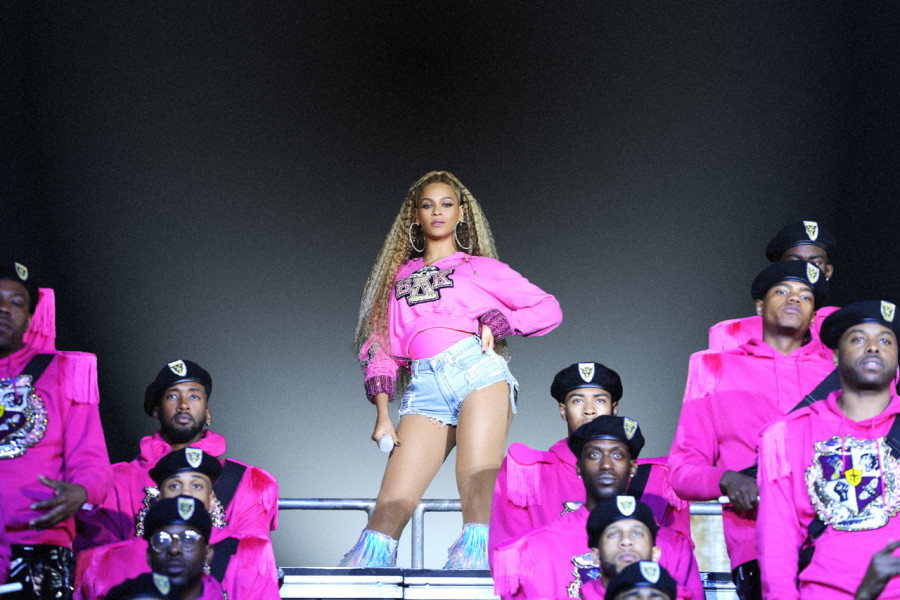



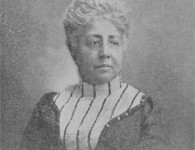
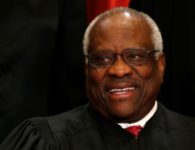
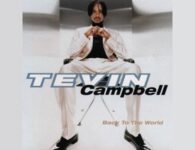
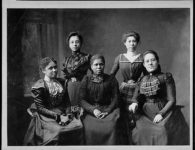
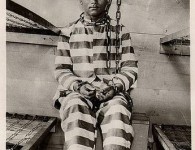
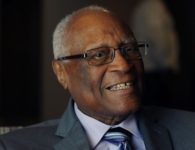
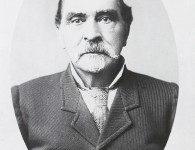


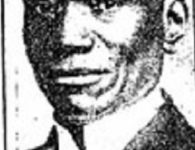
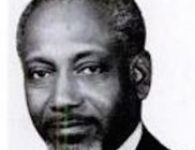
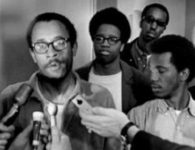
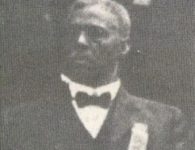
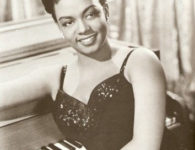
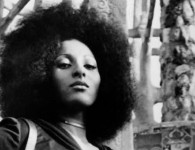

1 Comment
Beyonce has become one of the most significant iconic figures of the music industry melding historic race consciousness. More Power to this adept, intelligent, purposeful female singer who is reaching for the Best of all Times for herself, but more importantly for her people. She has garnered so much respect for her efforts, which are quintessential, direct, and mentally and musically pulsating. She does not miss a beat nor an effort to teach and to thrill at the same time. She has successfully brought Black Consciousness to the everyday musical reality with intent and perfection. She is to be ultimately admired, acknowledged, and highly respected for her amazing musical, radical dance performing, culturally correct and ultimately creative achievements. Ms. B is a creative dance stunner and musical genius with a higher purpose in mind all the time. She is to be fully realized for her intended and intensive achievements, and highly respected all at the same time. I have been compelled to give her the “props” she deserves for a long time every time. More appreciation to this mystical, musical miracle.